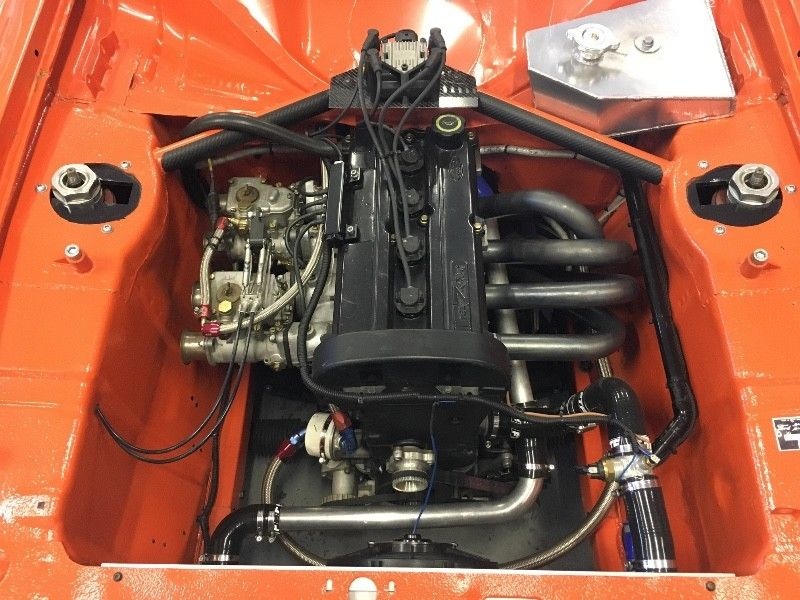Engine Acquiring Expert Tips on Choosing the Right Engine for Your Certain Requirements
Selecting the best engine for your particular needs includes an intricate interplay of elements that exceed plain horse power numbers. From power result to fuel effectiveness, the decision-making procedure can be daunting. Recognizing the subtleties of engine types, sizes, and their compatibility with your lorry is critical. Nevertheless, there are professional pointers that can assist browse this surface with self-confidence. By diving into the intricacies of power versus performance, evaluating gas rankings, and budgeting for lasting costs, one can truly optimize their engine selection.
Power Vs. Effectiveness: Discovering the Balance

When picking an engine, it is essential to strike a balance between power and performance to meet your specific requirements successfully. Power refers to the engine's ability to generate power for propulsion, figuring out aspects like acceleration, lugging ability, and total performance (Toyota Tazz Engine For Sale). On the various other hand, efficiency connects to just how well the engine uses fuel to create power, impacting elements such as fuel economic climate and environmental friendliness
Attaining the appropriate equilibrium between power and effectiveness is vital due to the fact that an engine that is as well effective may consume extreme fuel, bring about greater operating expense and unneeded strain on the environment. Alternatively, an engine that focuses on performance over power may result in slow-moving performance, especially in demanding circumstances like towing hefty lots or driving uphill.
To make a notified decision, think about variables such as your common driving problems, the designated use of the car, and your individual preferences. By reviewing your concerns and requirements, you can select an engine that strikes the ideal balance between power and effectiveness, ensuring optimal performance while reducing environmental impact and operating prices.
Comprehending Engine Dimension and Kind

Additionally, engine kind plays an essential role in figuring out the efficiency characteristics of an engine. Usual engine types consist of inline engines, V engines, and rotary engines, each with its distinct benefits and drawbacks. The engine type influences elements such as the engine's size, weight distribution, and power distribution. Comprehending the interaction between engine dimension and type is important in picking an engine that lines up with your certain demands and priorities, whether it be power, efficiency, or a balance of both.
Consider Your Car's Needs
Considering your lorry's demands is a basic action in the engine choice process to make certain ideal efficiency and functionality. It is crucial to review elements such as the planned use the vehicle, its weight, lugging ability, and gas effectiveness demands. For instance, if you are trying to find an engine for a heavy-duty vehicle that will certainly be used for towing, you will certainly need a powerful engine with high torque capacities. have a peek at this site On the various other hand, if you are choosing an engine for a small car largely utilized for city travelling, fuel efficiency may be a more crucial factor to consider.

Evaluating Gas Performance Scores
Analyzing fuel efficiency rankings is an essential facet of choosing the appropriate engine for your lorry, ensuring cost savings and environmental sustainability. Fuel efficiency scores, generally determined in miles per gallon (MPG) for gas engines or kilowatt-hours per 100 miles (kWh/100 miles) for electric engines, suggest just how much a vehicle can take a trip on a particular quantity of fuel or power. Higher MPG or lower kWh/100 miles worths symbolize much more reliable engines, translating to lowered gas prices and reduced carbon exhausts.
Furthermore, contrast various engine choices within the same lorry course to identify the most economical option. Elements such as engine size, weight, the rules of aerodynamics, and crossbreed or electrical capabilities can all influence gas performance.
Budgeting for Long-Term Expenses
Strategically planning for long-term expenses is vital when picking an engine, making certain monetary sustainability over the lorry's life-span. While the preliminary purchase price of an engine is a substantial aspect, it is important to take into consideration the lasting costs associated with maintenance, repair work, and gas intake.
Additionally, researching the schedule and cost of replacement components for the picked engine is essential in budget plan planning. Engines with easily available and budget-friendly components can substantially influence long-lasting maintenance expenditures. In addition, considering the engine's toughness and expected lifespan can help stay clear of unexpected replacement costs in the future. By thoroughly budgeting for these long-term expenses and factoring them into the decision-making procedure, individuals can pick an engine that not just satisfies their prompt needs yet likewise remains economical throughout its lifespan.
Conclusion
To conclude, choosing article the best engine for your specific needs requires balancing power and performance, understanding engine dimension and type, considering your vehicle's requirements, reviewing gas effectiveness ratings, and budgeting for long-lasting expenses. By meticulously thinking about these aspects, you can make certain that you choose an engine that fulfills your demands and gives ideal efficiency for your vehicle.
To better improve the choice procedure of an engine that strikes the optimum equilibrium in between power and see it here effectiveness, it is important to dive into the ins and outs of comprehending engine dimension and type. Engine dimension refers to the overall quantity of air and gas that can be pressed via the engine cylinders. Common engine kinds consist of inline engines, V engines, and rotating engines, each with its one-of-a-kind benefits and downsides. Recognizing the interaction in between engine dimension and type is vital in selecting an engine that aligns with your details requirements and priorities, whether it be power, performance, or an equilibrium of both.
Fuel efficiency scores, normally gauged in miles per gallon (MPG) for fuel engines or kilowatt-hours per 100 miles (kWh/100 miles) for electrical engines, indicate exactly how much a car can travel on a certain quantity of fuel or electricity.